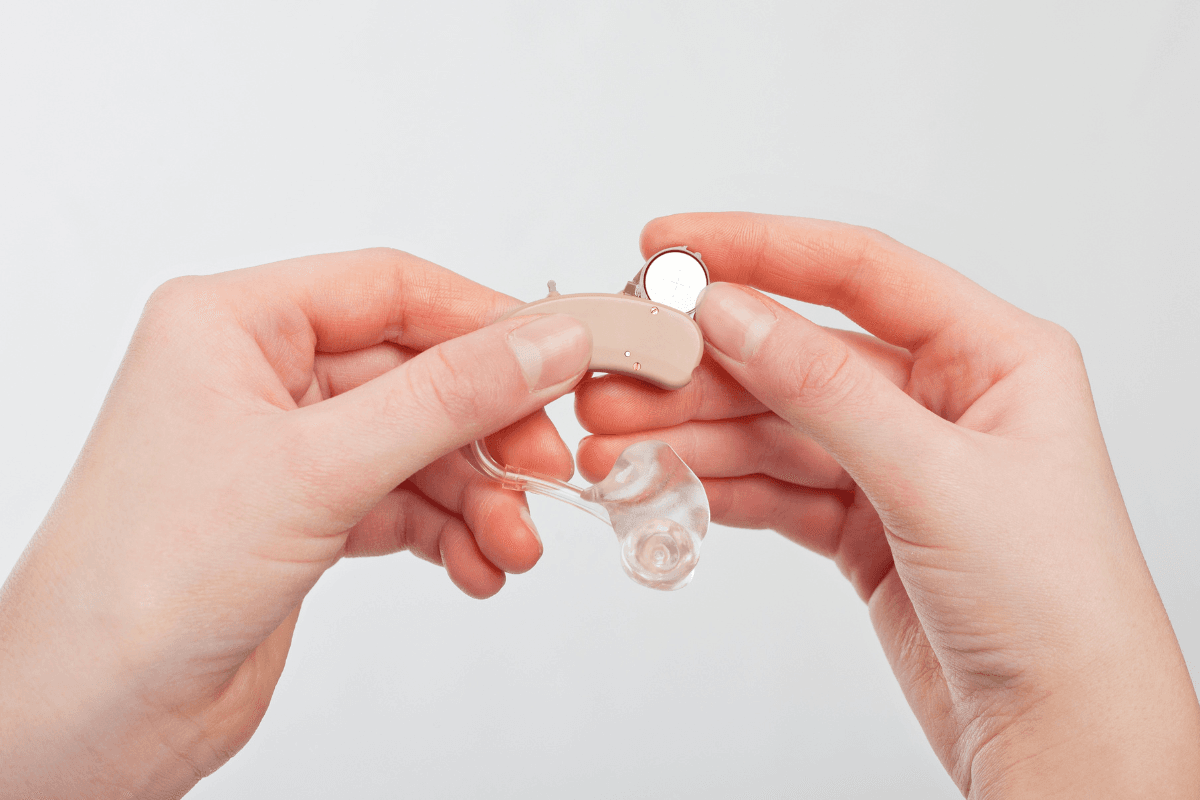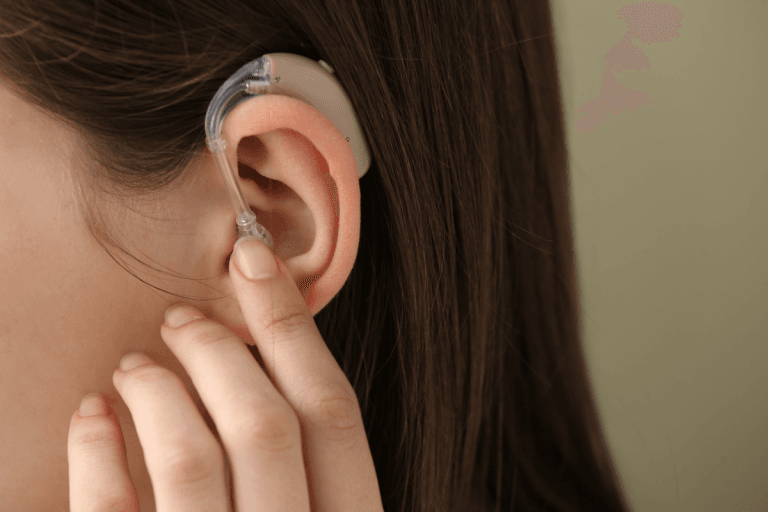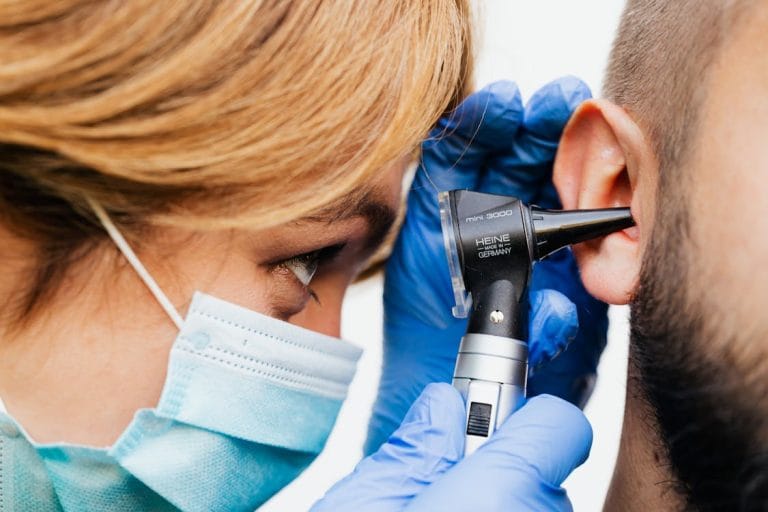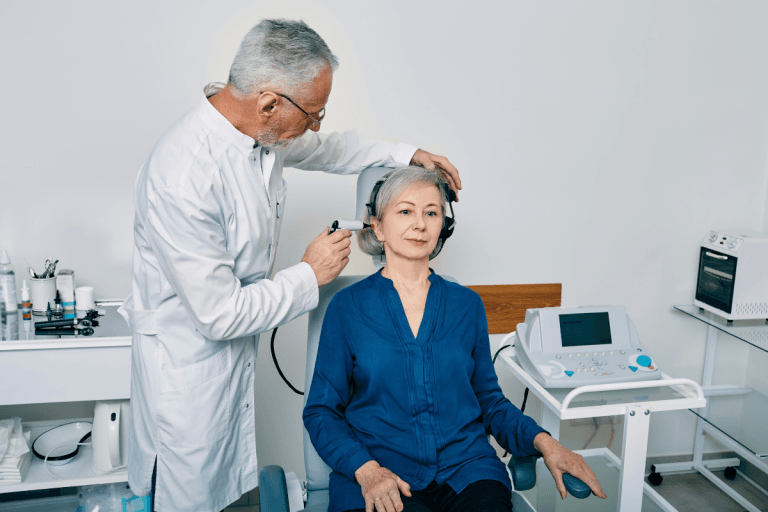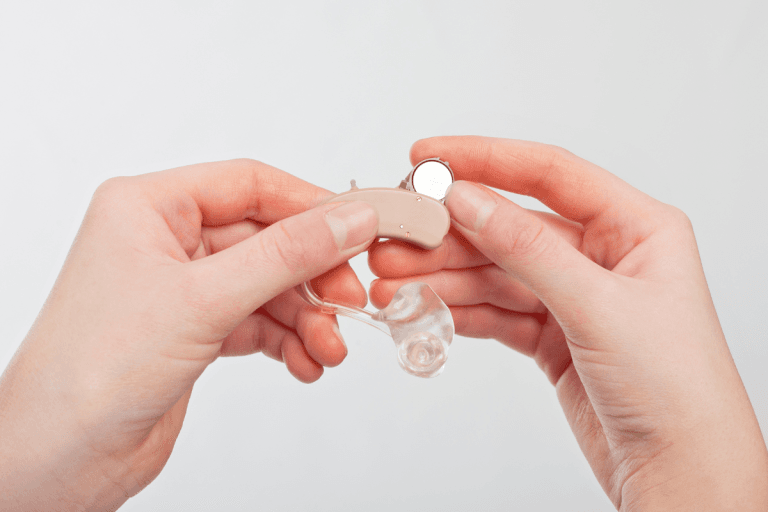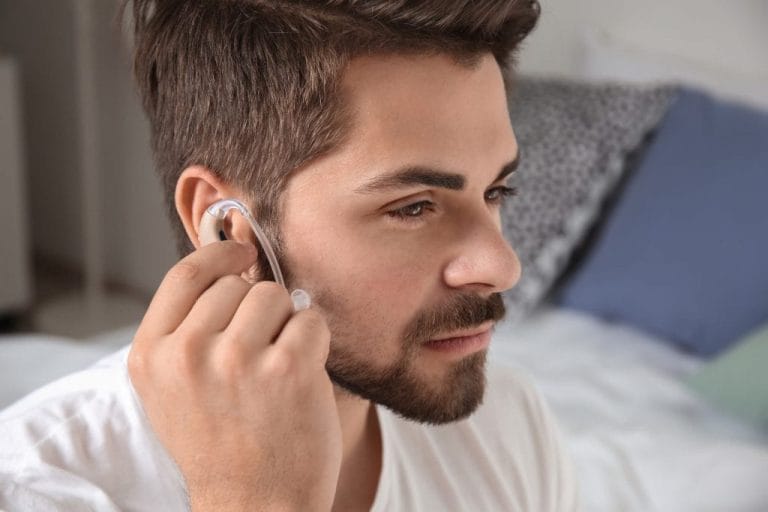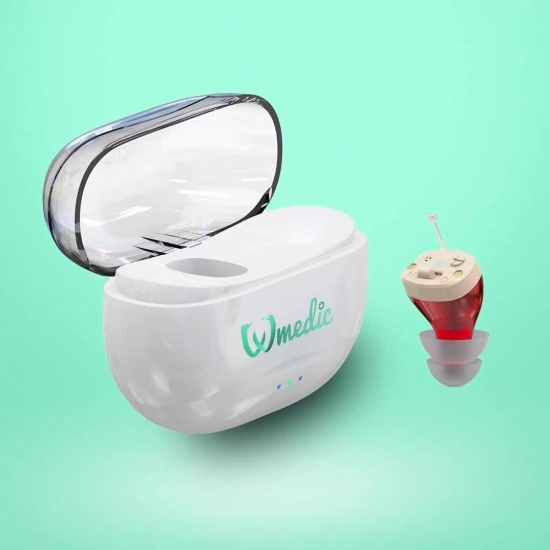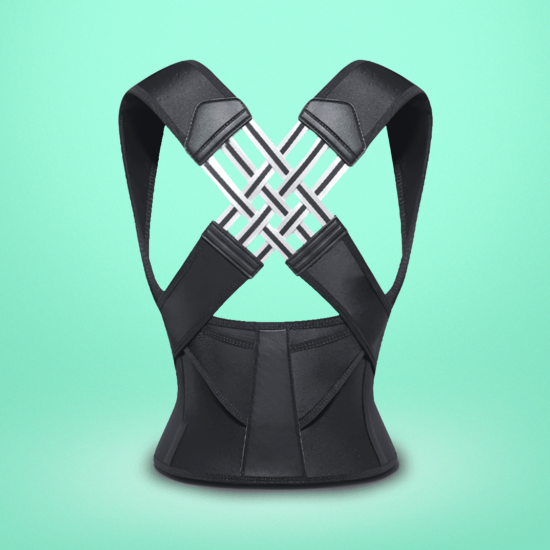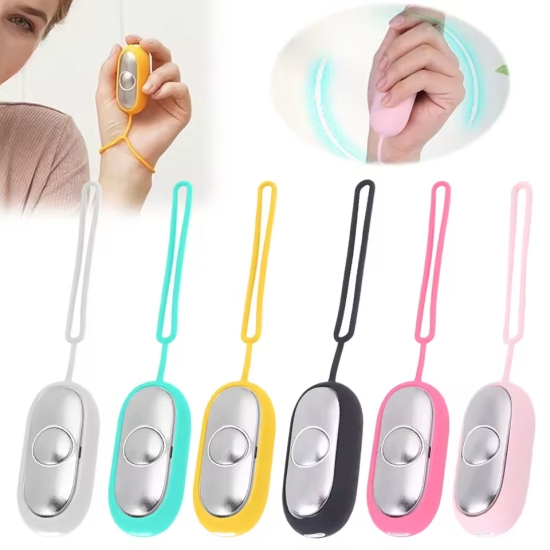5 Top Hearing Aids for Musicians (Recommended by Professionals)
Hearing is a vital sense for everyone, but it can be damaged at any stage of life. Maintaining good hearing health is crucial for daily functioning and overall comfort. This is especially important for individuals in the music industry, as they rely on their hearing to create and understand sound. For musicians and music producers, hearing loss can severely impact both their professional and personal lives. If a musician experiences any level of hearing loss, it’s essential to take steps to prevent further damage and protect their career, which depends entirely on their hearing abilities.
Best Hearing Aids for Professional Musicians
Here’s a list of hearing aids specifically designed to help musicians with hearing loss. These models offer features that cater to the unique needs of those in the music industry:
Quick Overview:
- Best Noise Cancelling Hearing Aid: Oticon Opn 1
- Low Power Consumption: Widex Beyond
- Best Rechargeable Hearing Aid: Nano X2R
- Best High-Tech Hearing Aid: Resound Linx
- Most Discreet Design: Widex Dream
1. Best Noise Cancelling Hearing Aid: Oticon Opn 1
- Features: Advanced technology, discreet design with 8 color options, helps with speech understanding even in challenging environments.
- Benefits: Reduces listening effort, ideal for musicians needing clear sound.
2. Best for Low Power Consumption: Widex Beyond
- Features: Advanced sound quality, optimizes sound based on your environment, includes SMARTWIND Manager to reduce wind noise.
- Benefits: Low power consumption, great for musicians, long-lasting battery.
3. Best Rechargeable Hearing Aid: Nano X2R
- Features: Rechargeable, Bluetooth-enabled, discreet design, excellent background noise canceling, 2 directional microphones.
- Benefits: Ideal for music producers with easy-to-use and nearly invisible design.
4. Best High-Tech Hearing Aid: Resound Linx
- Features: High-tech, adjustable settings via an app, helps musicians differentiate between sounds.
- Benefits: Enhances music creation and speech understanding with advanced technology.
5. Best for Discreet Design: Widex Dream
- Features: 20% smaller than standard BTE models, True-Input Technology, improves speech perception by 21% in noisy environments.
- Benefits: Preferred by many musicians, ideal for those who want both style and functionality.
How Hearing Loss Affects Musicians:
- Challenges for Musicians: Musicians rely on excellent hearing to compose, play instruments, and mix songs. Hearing loss is common due to long-term exposure to loud music.
- Need for Specialized Technology: Generic hearing aids may not work well for musicians, who need hearing aids designed to address the nuances of music.
Professional Musicians Need Specialized Hearing Aids:
- Music vs Speech: Music has a broader and more variable sound spectrum than speech, so hearing aids for musicians need to enhance musical fidelity, not just speech clarity.
Important Hearing Aid Features for Musicians:
- Speech Enhancement: Helps understand lyrics and vocal tones better.
- Direct Music Transmission: Allows music to be directly transmitted to hearing aids through accessories.
- Sound Processing: Modern hearing aids can distinguish between music and speech, optimizing sound clarity.
- Adjustable Settings: Features like compression, feedback reduction, and noise reduction need careful adjustments to suit music environments.
Consultation with Audiologists:
- Audiologists help musicians select the best hearing aids, ensuring they are tailored to the musician’s needs, adjusting settings while playing their preferred instrument.
Final Thoughts:
- Musicians should take hearing loss seriously and consider specialized hearing aids that enhance their ability to work with music. The listed hearing aids are designed with these needs in mind and offer advanced features that support both everyday listening and professional music creation.

